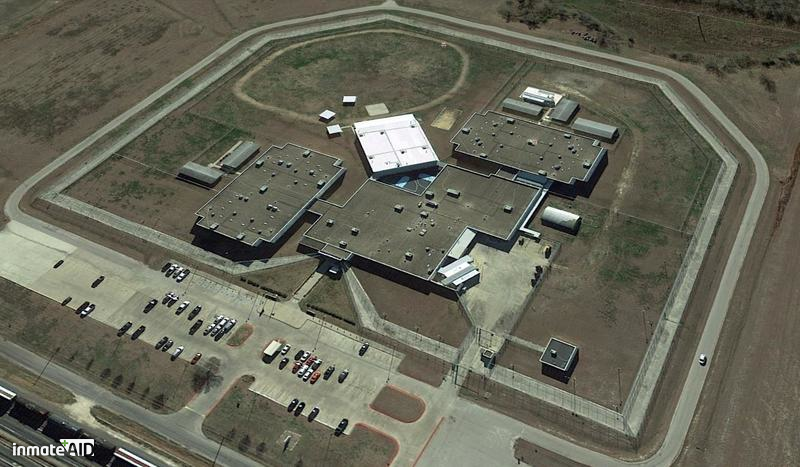Thank you for trying AMP!
You got lucky! We have no ad to show to you!
Connect with an Inmate
T. Don Hutto Residential Center-CoreCivic (ICE)
Private Facility
Hutto RC is for Private Facility offenders have not been sentenced yet and are detained here until their case is heard.
All prisons and jails have Security or Custody levels depending on the inmate’s classification, sentence, and criminal history. Please review the rules and regulations for Regional Detention - low facility.
The phone carrier is Viapath Technologies, to see their rates and best-calling plans for your inmate to call you.
If you are unsure of your inmate's location, you can search and locate your inmate by typing in their last name, first name or first initial, and/or the offender ID number to get their accurate information immediately Registered Offenders
You can support your loved ones at Hutto RC on InmateAid, if you have any immediate questions contact the facility directly at 512-218-3100.
Located in Taylor, TX, Hutto RC operates as a private contractor with various government agency agreements providing state-minimum custody requirements. Programs are offered to all custody levels, including work release residents focused on reentry success. With a strong emphasis on rehabilitation, Hutto RC provides comprehensive educational and vocational opportunities. Onsite amenities include dietary, health, fitness, educational, religious, and recreational services. Regular inspections ensure compliance with government standards, ensuring the facility's continued operation.
The T. Don Hutto Residential Center, previously known as the T. Don Hutto Family Detention Facility, is a multi-purpose center in Taylor, Texas, operated by CoreCivic under a contract with the U.S. Immigration and Customs Enforcement (ICE) agency. Originally a medium-security state prison, it now detains non-U.S. citizens awaiting the outcome of their immigration status. The facility was repurposed as an immigrant detention center in 2006, initially detaining families and later becoming a women's detention center in 2009.
The facility ensures that detainees have access to various services and resources. Inmates attend an orientation program within the first two weeks of arrival, where they receive a handbook containing essential information about facility rules, services, and programs. The handbook covers topics such as medical appointments, religious services, education, recreation, commissary, hygiene, visitation, and facility schedules.
CoreCivic emphasizes fair and ethical treatment of inmates and provides accessible processes for inmates and family members to address grievances through a dedicated hotline. The company is committed to respecting and upholding the rights and welfare of inmates, ensuring safety and security, and offering medical and mental health care services. Additionally, recreational opportunities are provided to help inmates stay active and interact positively with others.
Staying in touch with detainees is encouraged, and various communication methods are available, including visitation, written mail, and phone calls. Inmates may also receive money for commissary items through inmate accounts managed by the facility.
However, there are restrictions on incoming mail and prohibited items to ensure safety and security within the facility. Prohibited items include potentially hazardous materials, perishable items, obscene material, malicious correspondence, and items considered detrimental to security or rehabilitation efforts.
Overall, the T. Don Hutto Residential Center aims to provide a safe and secure environment while offering resources and services to detainees awaiting immigration status decisions.









